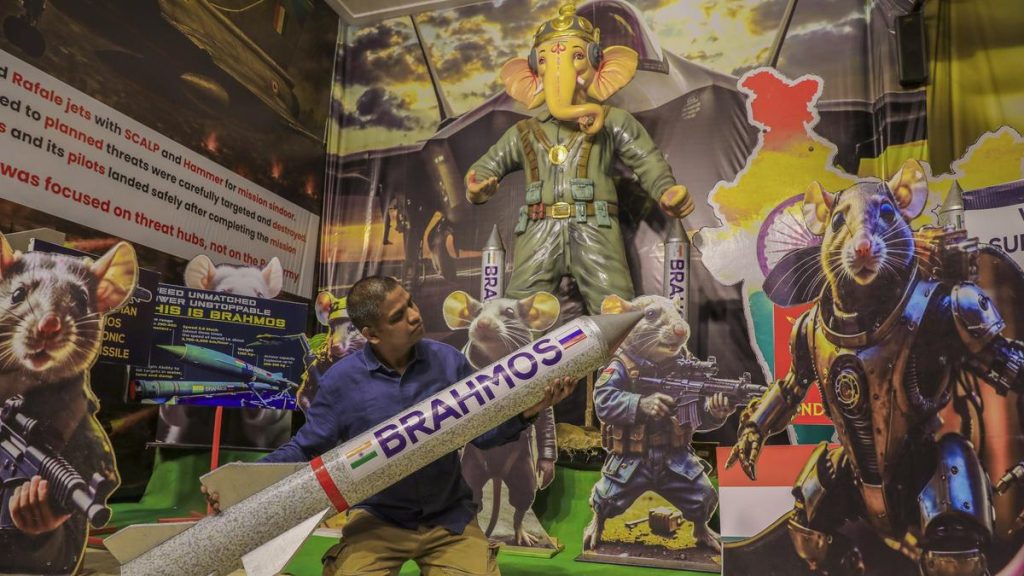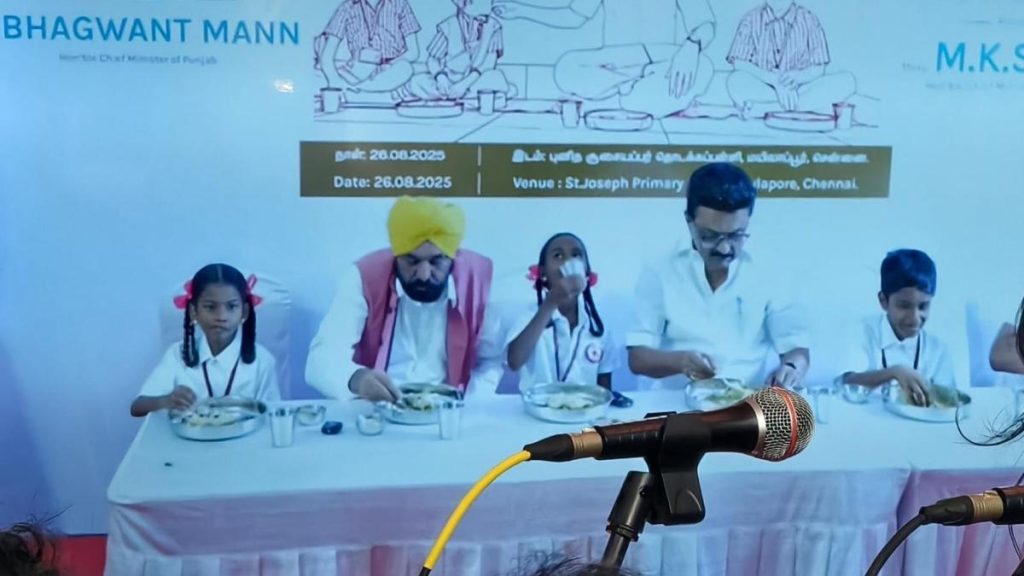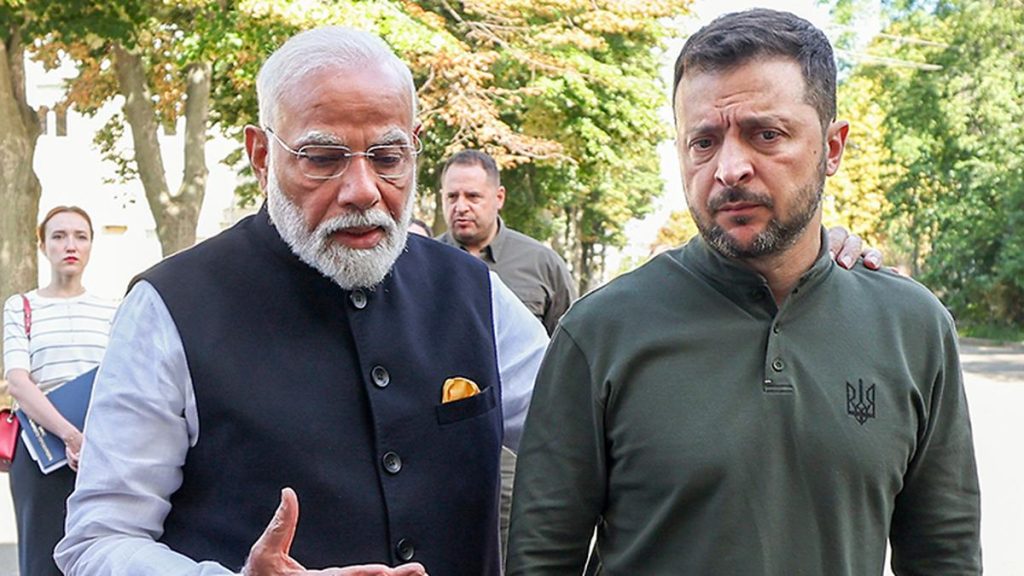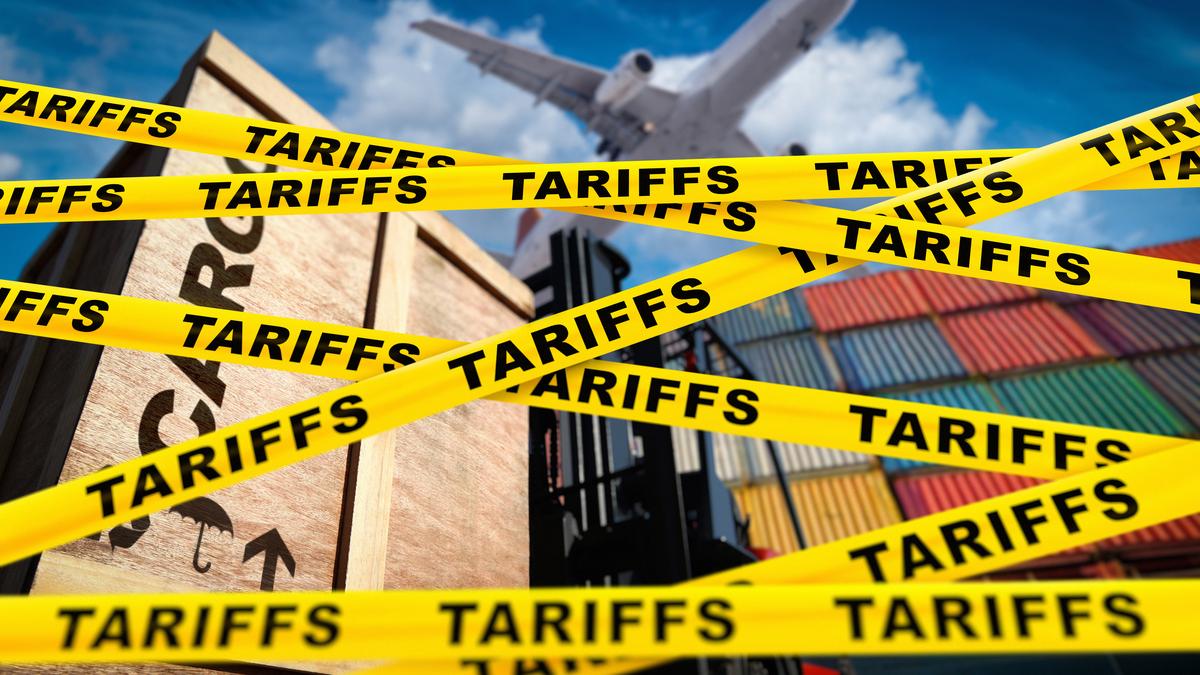Now Reading: Bhagwat to Present RSS Vision for India’s Future in 3-Day Lecture Series
-
01
Bhagwat to Present RSS Vision for India’s Future in 3-Day Lecture Series
Bhagwat to Present RSS Vision for India’s Future in 3-Day Lecture Series
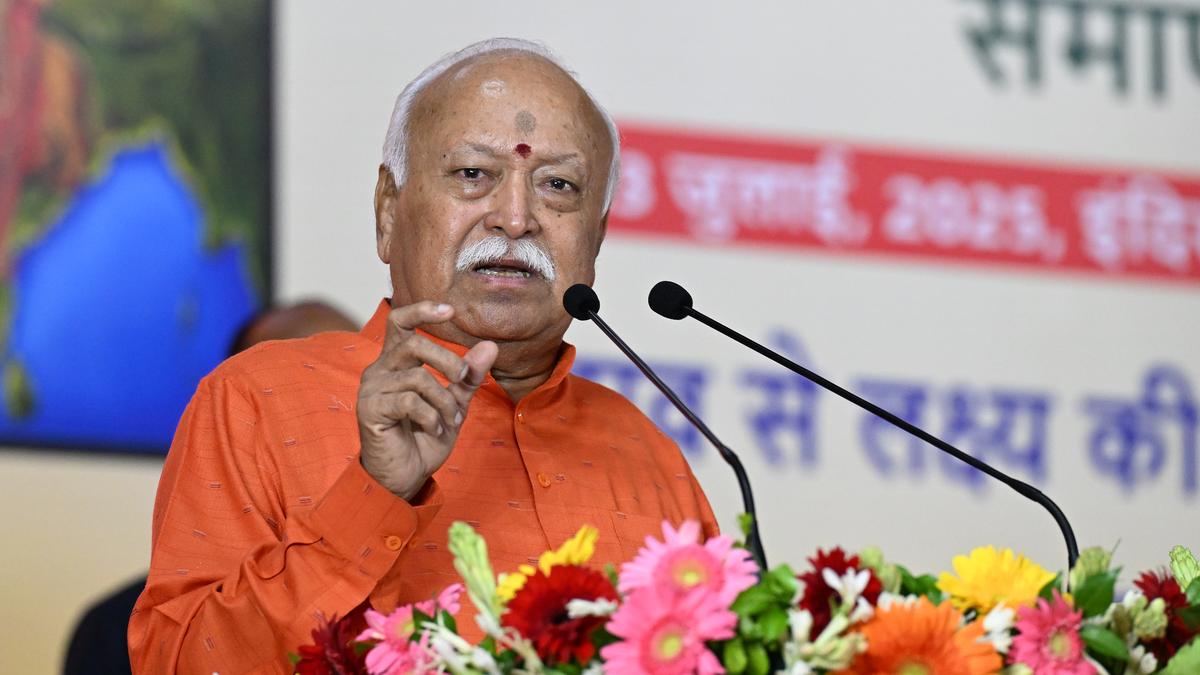
Quick Summary
- Event: RSS chief Mohan Bhagwat is hosting a three-day lecture series in New Delhi from August 26, 2025, as part of the institution’s centenary year celebrations.
- Focus: Discussions will explore the RSS’s 100-year journey and its vision for india’s future with an emphasis on moving beyond colonial progress paradigms.
- Venue & Participants: The event will be held at Vigyan Bhawan, with around 1,300 attendees. Invitees include a diverse group such as judges, politicians, bureaucrats, minority community leaders, international dignitaries (including U.S.and Chinese envoys), and notable figures across fields like sports and art.
- Attendees: Prominent personalities such as former Supreme Court Chief Justice Ranjan gogoi, surgeon Naresh Trehan, sports icons Kapil Dev and abhinav Bindra, activist Kailash Satyarthi are expected to attend alongside retired military officials.
- Structure of Lectures:
– Days 1 & 2: Focused on national issues and the RSS’s vision for India; roles of swayamsevaks discussed.
– Day 3: A question-and-answer session based on pre-submitted questions by attendees.
- Future Plans: Similar lecture series events are planned for Bengaluru, Kolkata, and Mumbai in upcoming months.
Indian Opinion Analysis
The lecture series represents an aspiring attempt by the RSS to assert its relevance not only within India’s socio-political framework but also on global platforms. By engaging diverse stakeholders-judges to diplomats-the organization intends to project itself as both inclusive and influential in shaping India’s future trajectory. Mohan Bhagwat’s emphasis on transcending colonial-era developmental frameworks suggests alignment with broader calls for prioritizing indigenous models of progress.
The attendance of foreign envoys symbolizes potential diplomatic ambitions tied to India’s self-reliance goals but also raises curiosity over how much sway this outreach holds internationally. Moreover, organizing similar events in other major cities indicates a strategic effort toward consolidating grassroots engagement while reinforcing ideological clarity among urban intellectual groups.
While neutrality can be noted from logistical arrangements ensuring diversity among invited guests-including members from minority communities-the implications largely hinge on whether such dialogues translate effectively into action-driven policy contributions across societal divides.
Read More at The Hindu


